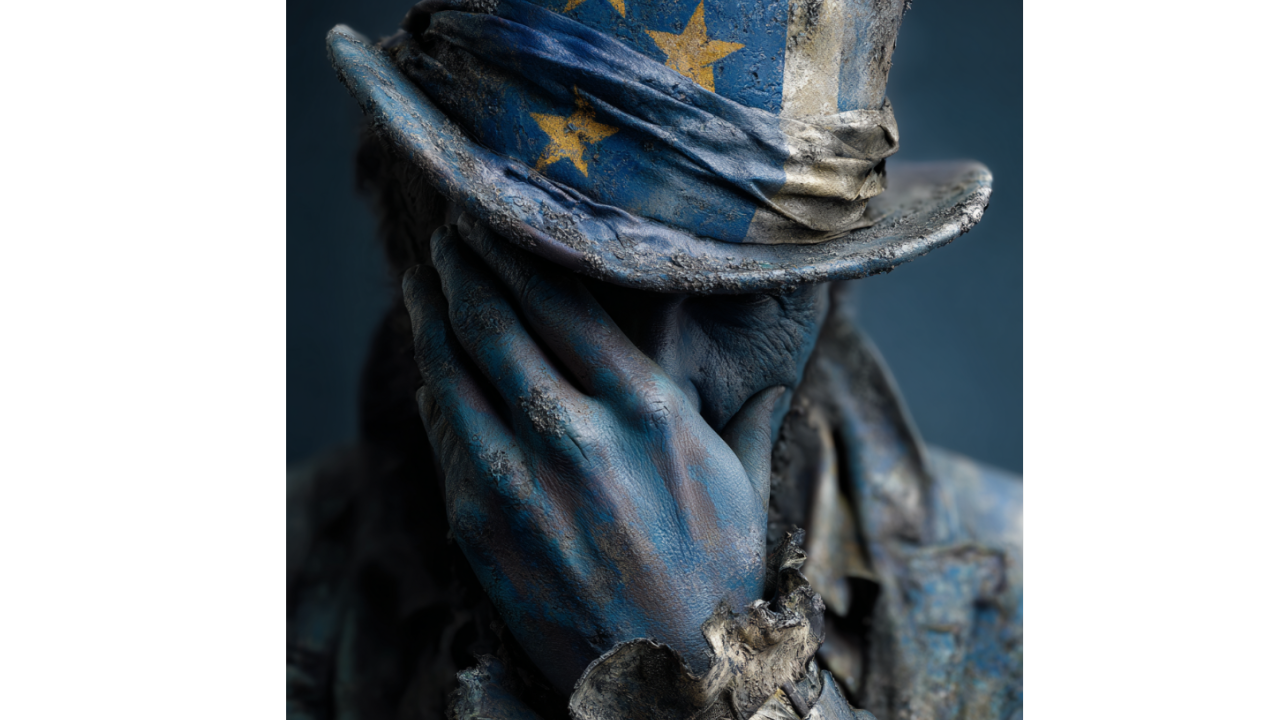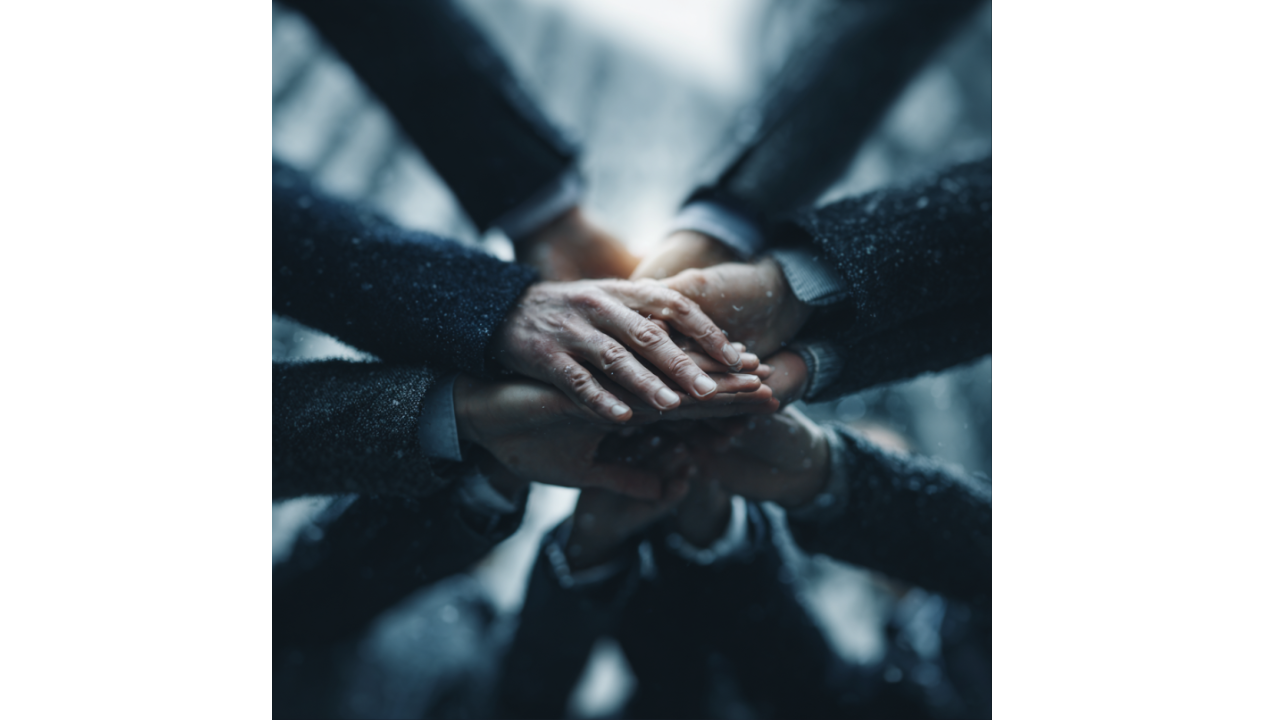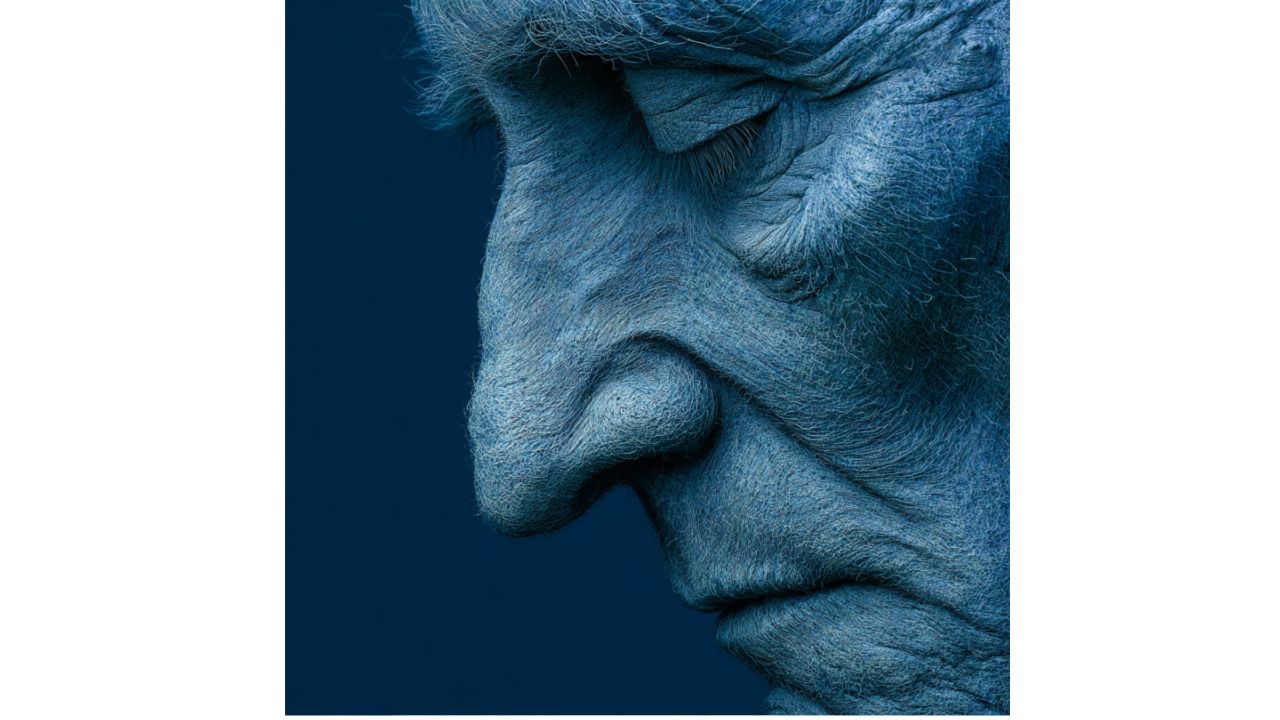1 min read
Meta Rejects EU's AI Code
Meta just declared war on common sense. The social media giant announced it won't sign the EU's AI Code of Practice, dismissing the world's first...
-1.png)
Two federal judges in San Francisco just rewrote the rules of creative ownership in America, and we're only beginning to understand what they've unleashed. Meta's victory against authors Sarah Silverman and Ta-Nehisi Coates this week, following Monday's similar ruling favoring Anthropic, represents more than legal precedent—it's the moment fair use doctrine potentially broke the entire economic foundation of creative work.
The math is staggering and the implications are existential. AI companies now possess legal cover to ingest virtually any creative work without permission or compensation, transforming centuries of copyright protection into a "training data" free-for-all.
The Fracture in Fair Use
Judge Vince Chhabria acknowledged the devastating reality: "So by training generative AI models with copyrighted works, companies are creating something that often will dramatically undermine the market for those works, and thus dramatically undermine the incentive for human beings to create things the old-fashioned way."
Yet despite recognizing this threat, Chhabria dismissed the case on technicalities, ruling that the authors "made the wrong arguments and failed to develop a record in support of the right one." Meanwhile, Judge William Alsup went further, calling Anthropic's use of copyrighted books "exceedingly transformative" and constituting "fair use under Section 107 of the Copyright Act."
The split reveals a doctrine in crisis. The U.S. Copyright Office's recent report warns that using copyrighted works to train AI models may constitute prima facie infringement, with "strong argument" that the models' weights themselves infringe reproduction and derivative work rights. But courts are reaching opposite conclusions, creating legal chaos that threatens to hollow out creative industries entirely.
The judges' "transformative use" reasoning contains a fundamental flaw that could annihilate every creative field. Alsup argued that competitive displacement "is not the kind of competitive or creative displacement that concerns the Copyright Act," comparing AI training to "teaching schoolchildren to write well."
This analogy is legally and practically absurd. Human students don't have perfect recall of millions of copyrighted works, nor can they produce competing content at machine speed and scale. As the Copyright Office notes, AI models absorb "the essence of linguistic expression," and the objective of human learning does not wholesale justify acts that would otherwise constitute infringement.
The economic reality is inescapable: if people can use AI models to write books, then authors face direct competition from systems trained on their own work without compensation. This isn't transformation—it's displacement by design.
The implications cascade across every creative industry:
Fiction and Literature: Every novel, short story, and creative work becomes free training data. Publishers can feed AI systems the complete works of living authors to generate competing content in identical styles and genres.
Journalism: News organizations face competition from AI systems trained on their own reporting, potentially generating articles that replicate their voice, style, and expertise without attribution or payment.
Music and Arts: The proliferation of creative AI tools has ushered in urgent discussions over ethics, regulation and guardrails, with more than a fifth of workers in the US worrying they might lose their jobs to emerging technology. These legal precedents could accelerate that displacement.
Academic and Professional Writing: Every textbook, research paper, and professional guide becomes fair game for AI training, potentially creating systems that compete directly with their source material.
The international implications are equally troubling. Some jurisdictions, such as the European Union, have enacted specialized legislation dealing with AI model training, significantly allowing rights holders to object to the use of their works for commercial AI training. Meanwhile, an expansive doctrine of fair use might allow the United States to remain a leader in international technological competition and attract investment in AI—at the price of domestic rights holders.
We're witnessing the creation of a two-tier global system: regions that protect creative rights versus regions that sacrifice them for technological advantage. American creators may find themselves uniquely vulnerable to exploitation.
The financial stakes reveal the true scope of this transformation. Dozens of AI-and-copyright-related lawsuits have been filed over the past three years, most of which hinge on fair use doctrine. Losing these cases could reshape the AI landscape, prompting companies either to dramatically reduce the scale of their training data or attempt complex licensing schemes.
But winning creates its own crisis: a victory for AI developers could effectively establish that large-scale copying of copyrighted content for AI training is permissible, dramatically altering the balance between copyright protection and technological innovation.
The economic weapon is now fully loaded. AI companies can argue that any creative work available online constitutes fair use training data, regardless of the creator's intent or economic interest.
Legislative proposals like the Generative AI Copyright Disclosure Act would require AI model developers to submit detailed summaries of copyrighted works used to train their models. But transparency without consent is merely organized theft. Knowing your work was stolen doesn't restore your market position.
The vast majority of those who submitted comments to the Copyright Office urged protection of copyrighted works from being used by corporations to train generative AI without consent and without crediting and compensating creators. Yet legal precedent now moves in the opposite direction.
The courts have accepted a false binary: either AI innovation proceeds unimpeded, or technological progress stops. This ignores obvious middle paths: licensing schemes, opt-in systems, or revenue-sharing models that could protect creators while enabling innovation.
As library advocates note, "copyright law as applied and interpreted by the Copyright Office and the courts is flexible and robust enough to address issues of copyright and AI without amendment." But flexibility becomes meaningless if it consistently favors corporate interests over creator rights.
These rulings establish a principle that threatens creative work's economic foundation: if you produce content that can be digitized, it can be appropriated for AI training without your consent or compensation. The "fair use" shield now covers systematic commercial exploitation of creative labor.
As one artist wrote to the Copyright Office: "OpenAI's own engineer wrote that models mirror their datasets to an incredible degree... The success of generative AI is entirely dependent on artists." Yet legal precedent now allows that dependence to operate as parasitism rather than partnership.
We're witnessing the legal codification of a new economic reality: creative work as unpaid training data for corporate AI systems. The fair use doctrine, designed to balance creator rights with societal benefits, has become a weapon for systematic appropriation.
The question isn't whether AI will transform creative industries—it's whether creators will survive the transformation.
The intersection of AI and copyright law is reshaping creative industries in real-time. Winsome Marketing's growth experts help businesses navigate these rapidly changing legal and technological landscapes. Let's develop strategies that respect creators while embracing innovation.

1 min read
Meta just declared war on common sense. The social media giant announced it won't sign the EU's AI Code of Practice, dismissing the world's first...

Mark Zuckerberg has found a new way to connect people—by connecting his checkbook to state legislators across America. Meta's launch of the "American...

1 min read
We've all been waiting for someone to finally declare that your face belongs to you—and Denmark just threw down the gauntlet. The Nordic nation's...